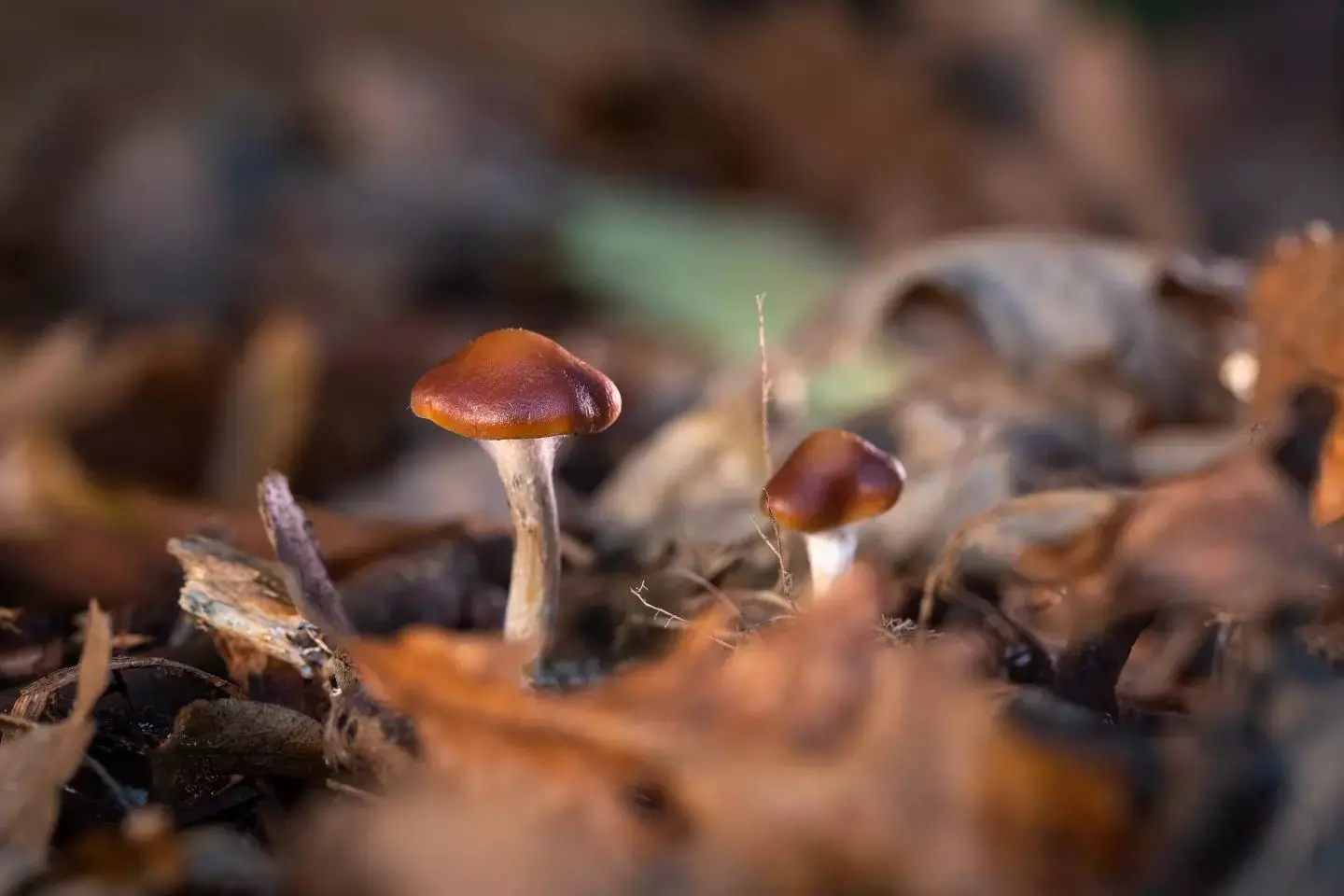- Home
- Medical news & Guidelines
- Anesthesiology
- Cardiology and CTVS
- Critical Care
- Dentistry
- Dermatology
- Diabetes and Endocrinology
- ENT
- Gastroenterology
- Medicine
- Nephrology
- Neurology
- Obstretics-Gynaecology
- Oncology
- Ophthalmology
- Orthopaedics
- Pediatrics-Neonatology
- Psychiatry
- Pulmonology
- Radiology
- Surgery
- Urology
- Laboratory Medicine
- Diet
- Nursing
- Paramedical
- Physiotherapy
- Health news
- Fact Check
- Bone Health Fact Check
- Brain Health Fact Check
- Cancer Related Fact Check
- Child Care Fact Check
- Dental and oral health fact check
- Diabetes and metabolic health fact check
- Diet and Nutrition Fact Check
- Eye and ENT Care Fact Check
- Fitness fact check
- Gut health fact check
- Heart health fact check
- Kidney health fact check
- Medical education fact check
- Men's health fact check
- Respiratory fact check
- Skin and hair care fact check
- Vaccine and Immunization fact check
- Women's health fact check
- AYUSH
- State News
- Andaman and Nicobar Islands
- Andhra Pradesh
- Arunachal Pradesh
- Assam
- Bihar
- Chandigarh
- Chattisgarh
- Dadra and Nagar Haveli
- Daman and Diu
- Delhi
- Goa
- Gujarat
- Haryana
- Himachal Pradesh
- Jammu & Kashmir
- Jharkhand
- Karnataka
- Kerala
- Ladakh
- Lakshadweep
- Madhya Pradesh
- Maharashtra
- Manipur
- Meghalaya
- Mizoram
- Nagaland
- Odisha
- Puducherry
- Punjab
- Rajasthan
- Sikkim
- Tamil Nadu
- Telangana
- Tripura
- Uttar Pradesh
- Uttrakhand
- West Bengal
- Medical Education
- Industry
Magic mushroom compound performs as well as escitalopram in depression: NEJM

Psilocybe cyanescens mushrooms, which contain the active compound, psilocybin.
CREDIT
Imperial College London / Thomas Angus
UK: Researchers in a recent study found no significant difference in antidepressant effects between psilocybin and escitalopram.
According to the study, published in the New England Journal of Medicine, psychedelic compound psilocybin did not differ significantly from the antidepressant escitalopram in its effects on severe depression symptoms.
Psychedelic compounds exhibit their action through serotonin receptor (5-HT2A) agonism -- a pathway linked to depression. Psilocybin may have antidepressant properties, but there is a lack of direct comparisons between psilocybin and established treatments for depression. To determine the same, Robin Carhart-Harris, Imperial College London, London, United Kingdom, and colleagues conducted a phase 2, double-blind, randomized, controlled trial involving 59 patients with long-standing, moderate-to-severe major depressive disorder.
The researchers compared psilocybin with escitalopram, a selective serotonin reuptake inhibitor, over a 6-week period. Patients were assigned in a ratio of 1:1 to receive two separate doses of 25 mg of psilocybin 3 weeks apart plus 6 weeks of daily placebo (psilocybin group; n=30) or two separate doses of 1 mg of psilocybin 3 weeks apart plus 6 weeks of daily oral escitalopram (escitalopram group; n=29); all the patients received psychological support.
The primary outcome was the change from baseline in the score on the 16-item Quick Inventory of Depressive Symptomatology–Self-Report (QIDS-SR-16; scores range from 0 to 27, with higher scores indicating greater depression) at week 6. There were 16 secondary outcomes, including QIDS-SR-16 response (defined as a reduction in score of >50%) and QIDS-SR-16 remission (defined as a score of ≤5) at week 6.
Key findings of the study include:
- The mean scores on the QIDS-SR-16 at baseline were 14.5 in the psilocybin group and 16.4 in the escitalopram group.
- The mean (±SE) changes in the scores from baseline to week 6 were −8.0±1.0 points in the psilocybin group and −6.0±1.0 in the escitalopram group, for a between-group difference of 2.0 points.
- A QIDS-SR-16 response occurred in 70% of the patients in the psilocybin group and in 48% of those in the escitalopram group, for a between-group difference of 22 percentage points; QIDS-SR-16 remission occurred in 57% and 28%, respectively, for a between-group difference of 28 percentage points.
- Other secondary outcomes generally favored psilocybin over escitalopram, but the analyses were not corrected for multiple comparisons.
- The incidence of adverse events was similar in the trial groups.
"On the basis of the change in depression scores on the QIDS-SR-16 at week 6, this trial did not show a significant difference in antidepressant effects between psilocybin and escitalopram in a selected group of patients. Secondary outcomes generally favored psilocybin over escitalopram, but the analyses of these outcomes lacked correction for multiple comparisons," wrote the authors.
"Larger and longer trials are required to compare psilocybin with established antidepressants," they concluded.
Reference:
The study titled, "Trial of Psilocybin versus Escitalopram for Depression," is published in the New England Journal of Medicine.
DOI: https://www.nejm.org/doi/full/10.1056/NEJMoa2032994
Dr Kamal Kant Kohli-MBBS, DTCD- a chest specialist with more than 30 years of practice and a flair for writing clinical articles, Dr Kamal Kant Kohli joined Medical Dialogues as a Chief Editor of Medical News. Besides writing articles, as an editor, he proofreads and verifies all the medical content published on Medical Dialogues including those coming from journals, studies,medical conferences,guidelines etc. Email: drkohli@medicaldialogues.in. Contact no. 011-43720751


